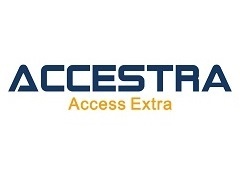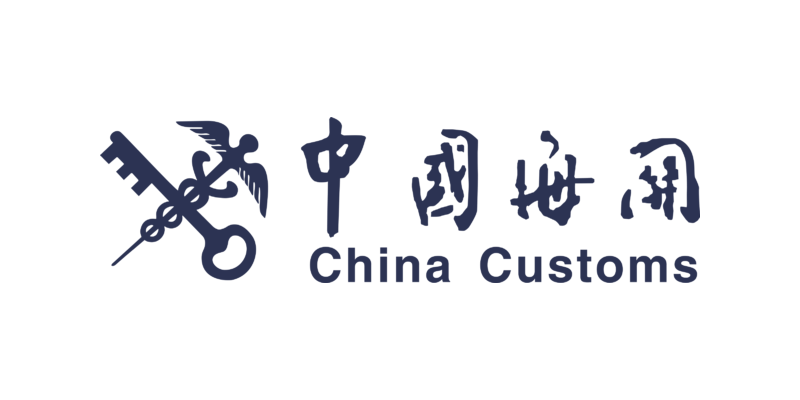After communicating with Beijing and Hangzhou Customs for clarification, we have summarised the key takeaways below:
Key Takeaways:
- On April 22, Customs announced the cancellation of label filling for imported pre-packaged foods, meaning from 1st Oct 2019, importers and customs brokers will no longer have to submit to China customs product labelling documentation (inclu. Chinese labels) for imported prepackaged food products during importation.
- Speedier market access: improvement of efficiency during customs clearance which enables less administrative paper work and speeds up market access.
- The importer shall be responsible for reviewing whether the Chinese label of the imported prepackaged food meets the requirements of relevant GB standards.
- Subject to random on-site inspection by customs or for laboratory testing which will require to provide compliant labelling documents including Chinese labels and other supporting materials.
- If the Customs receives complaint regarding violation of Food Safety, Labelling and other relevant GB regulations, Customs shall verify and once confirmed, act according to law such as requesting for recalls, penalties etc.
- Port to Port differences: After communicating with GACC, for some ports, Customs may still require importers to provide labelling documents as part of the check list for Customs Clearance, although they may not examine the labelling documents.
_
What next? Risks and Suggestions
Customs have been piloting this scheme for the past few years in some ports including Shanghai and others for lower risk food categories. What’s changed? This change officially applies to all ports and pre-packaged food categories in China.
_
- Risk of random customs inspection it is strongly advised to prepare compliance documentation beforehand such as original label and translation, Chinese labels and other relevant supplementing information.
- Responsibility weighed on the exporter and importer to ensure compliance from the very beginning. Discovering product or labelling in-compliance at a later stage when product is already on China market will have a significant impact with the risks of potential recall and penalties.
- Laissez-faire & Reliance on Consumer Complaints. A shift from government control to let the workings of the free market do the work. Since the announcement of The Food Safety Law, the policy has increased the penalty for non-compliant food items including violations of Chinese labelling rules, this led to the rise of industry of professional complainers that can earn compensation of 10 times the purchase price. This has encouraged the market to identify non-compliant products to report to Chinese authorities.
Reference (Chinese Only): http://www.customs.gov.cn/customs/302249/302266/302269/2393416/index.html
Contact: Raymond@Accestra.com
Website: www.accestra.com






